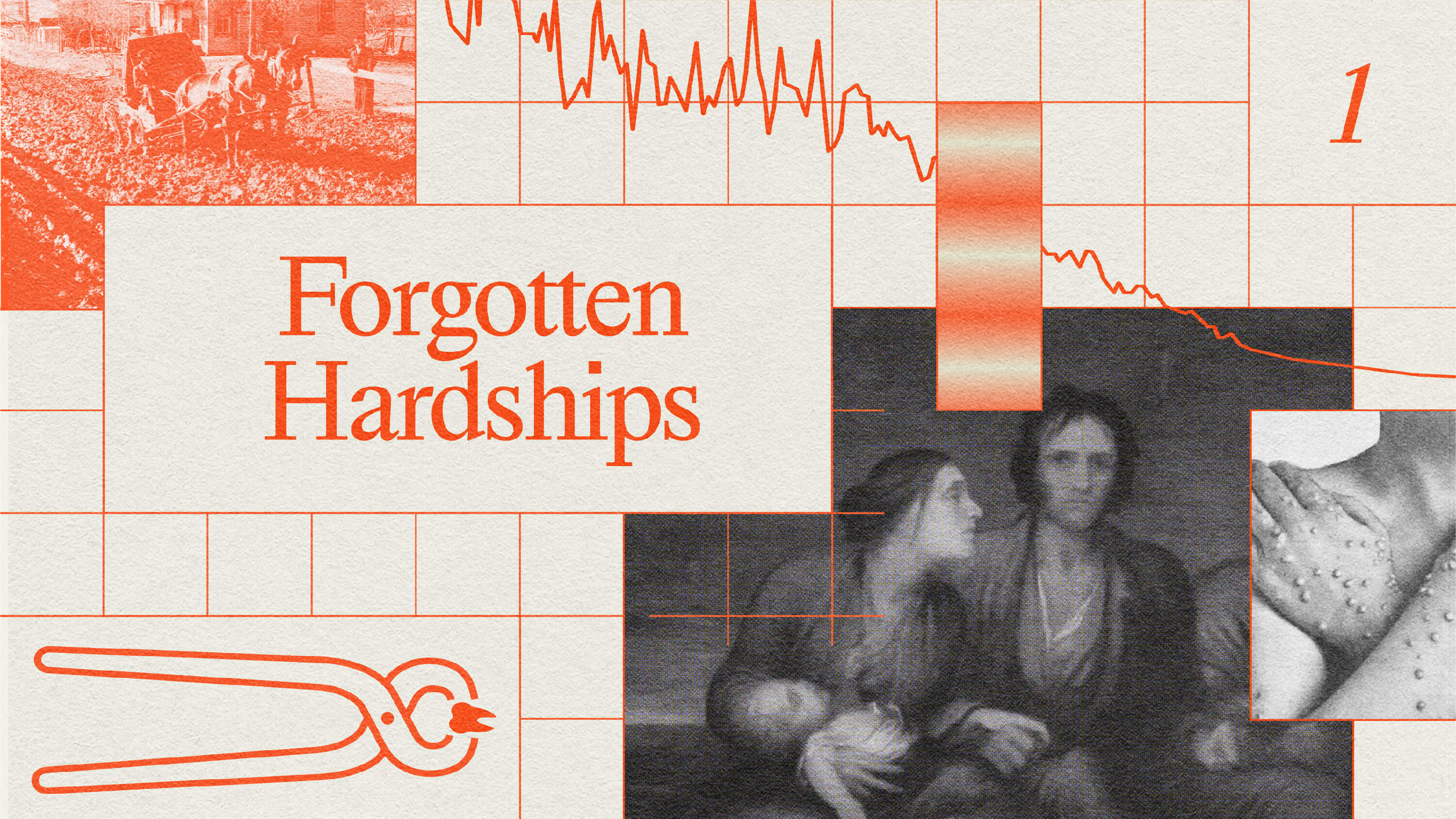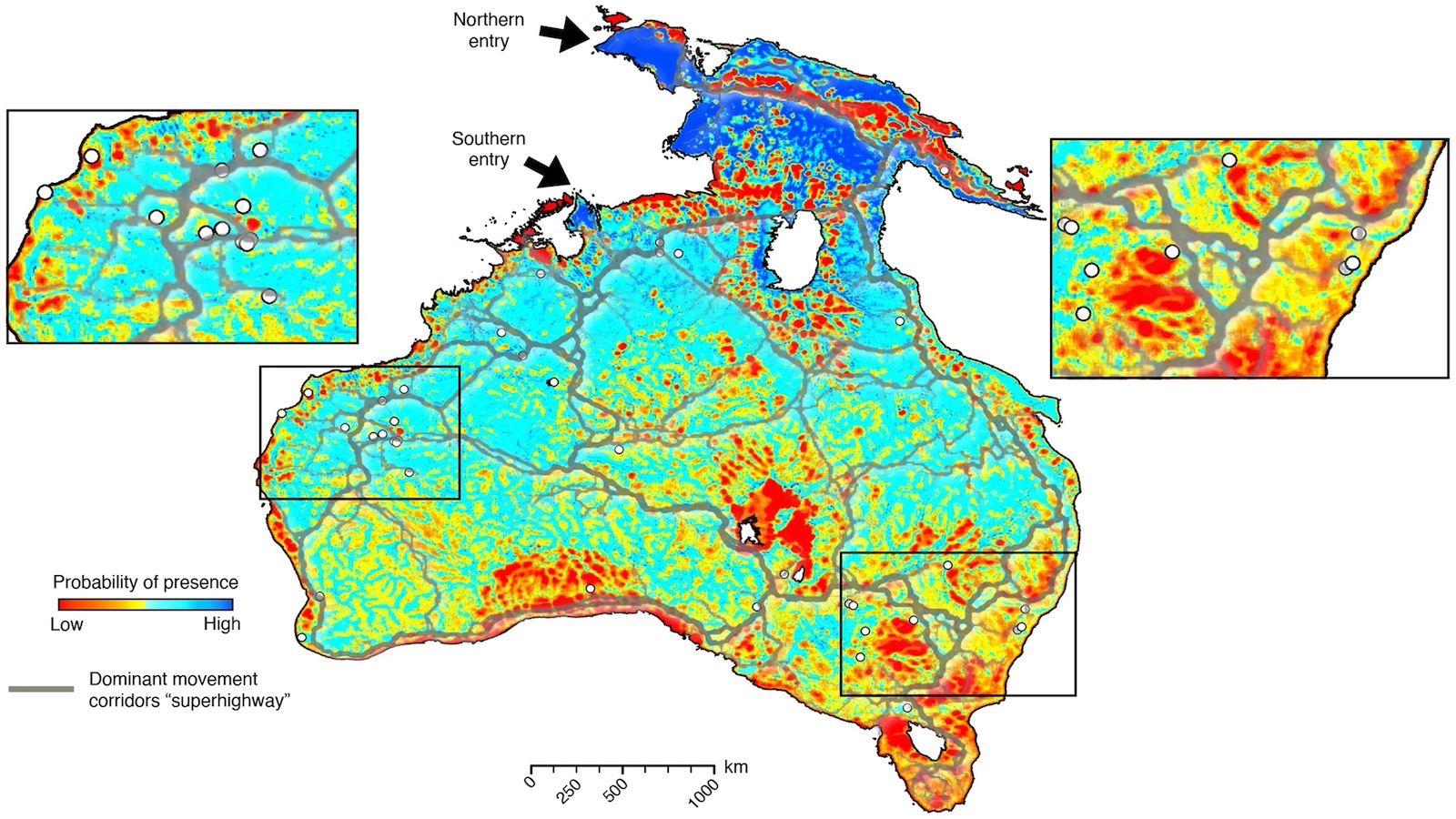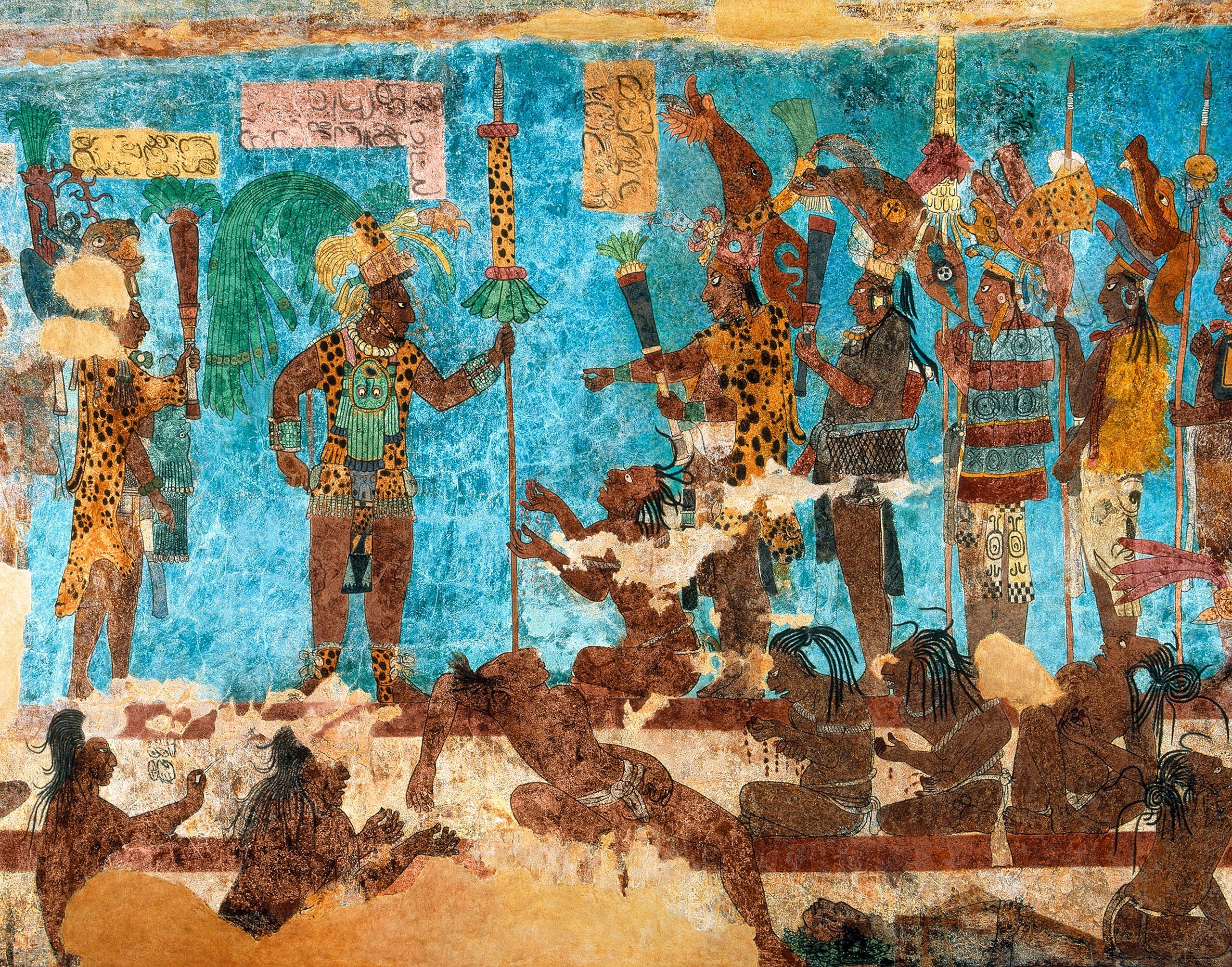Growing Focus On Gender And Climate Change As COP15 Approaches
You already know that the world’s poor are being hit first and will suffer most as a result of climate change. Think Katrina, think flooding in Bangladesh, think desertification in Mali.
What you may not know is that in many parts of the world women draw the shortest straw of all when it comes to the ramifications of climate change. In many developing countries, women are in charge not only of child rearing but also fetching firewood for cooking, walking (often hours a day) to collect water, and farming. So what happens as deforestation spreads in these areas? Women walk further and spend even greater portions of each day searching for the firewood they need to cook dinner. Similarly, as water tables fall and the frequency of drought increases, women walk further each day for water.
Compounding the problem is the fact that critical weather and climate information seldom reaches the women who need it, in order to know when to plant a particular crop, where to look (or where not to look) for water, or when to evacuate for a flood. Men who stay home or walk into town and hear weather news on the radio often fail to share this information with their wives and families. And when disaster does come – whether in the form of flood or famine – women are more tied down than are men, less mobile, less readily able to relocate as the climate changes and the lives they knew are pulled out from under them.
“If gender considerations are not sufficiently incorporated into a new climate deal, millions of lives stand to be lost. This is due to the pivotal role women play in especially poor, rural areas most acutely affected by the impacts of climate change,” said Lorena Aguilar, Senior Global Gender Advisor to the International Union for Conservation of Nature, at a gender and climate change training drive in Bangkok yesterday.
The good news is that this gendered aspect of climate change adaptation – hugely underreported to date – has recently received attention at several major international climate change forums. A gender and climate change forum at this month’s World Climate Conference in Geneva was devoted entirely to women’s issues, climate change, and weather information distribution systems. The event didn’t draw as big an audience as did panels on water management, for example, but as its speakers noted, it’s exciting to finally see the issue share a high profile podium in any capacity. Full stop.
And Wednesday of this week (Climate Week NYC), the TckTckTck Campaign brought together a group of over 60 big-name guests from media, policy, government, business, NGOs and entertainment from all over the world for a conference titled Global Women Take Action on Climate Change. Guests – among them Sustainable South Bronx director Majora Carter and Inuit activist Sheila Watt-Cloutier – gathered to give personal testimonies about the havoc climate change is wreaking in their own countries, and to discuss the role women will play in climate change adaptation as we move toward the Copenhagen debates (COP15) in December.
“We have been trying for so long to tell the world ‘you’re hurting us,’” said Watt-Cloutier of Inuit women’s struggle to win the world’s attention. “And they say ‘okay, but it costs too much to stop hurting you.’” Watt-Cloutier hopes that COP15 will mark a much-needed transition from an economic focus on climate change mitigation to climate change adaptation, and that women will be at the forefront of “moving this issue from the head to the heart.”




